Origins: The French Bulldog was bred in England in the 1800s, where it was used for bull fighting. After wrestling was banned, the breed became popular as a pet and was brought to France, where it was further bred.
History of the development of the breed: In 1860, the first French Bulldogs were exhibited at a dog show in Paris. The breed was very popular with French aristocrats and quickly spread throughout Europe and America.
Spread and popularity: The French Bulldog has become one of the most popular dog breeds in the world because of its unique appearance and easygoing personality.

Characteristics of the French Bulldog breed
Appearance: The French Bulldog has a short muzzle, wide nose, large ears, and large eyes. Their coat is short, smooth and shiny, and can be almost any color.
Size and weight: The French Bulldog can reach a height at the withers of 28 to 30 cm and weighs from 8 to 14 kg.
Character and behavior: French Bulldogs are friendly, affectionate and social dogs who are very fond of socializing with people. They can be a bit stubborn, but that makes them more interesting and unique.
Health and Genetic Disorders: The French Bulldog has a number of genetic diseases, including breathing problems, skin problems and digestive problems.
Care of the French Bulldog Breed
Nutrition and Diet: The French Bulldog needs a high-quality diet that contains adequate proteins, fats and carbohydrates. They can be prone to being overweight, so it is important to monitor their diet and not to give them too many treats.
Hair Care: The coat of the French bulldog requires minimal care. Their short, smooth coat should be brushed regularly with a soft brush.
Daily Health Care: The French bulldog needs regular dental, eye and ear care. It is also important to monitor their skin and coat and take them in for periodic veterinary exams.
Physical Requirements: The French bulldog does not require much physical activity, but they should be allowed to take regular walks outdoors and engage in light exercise.
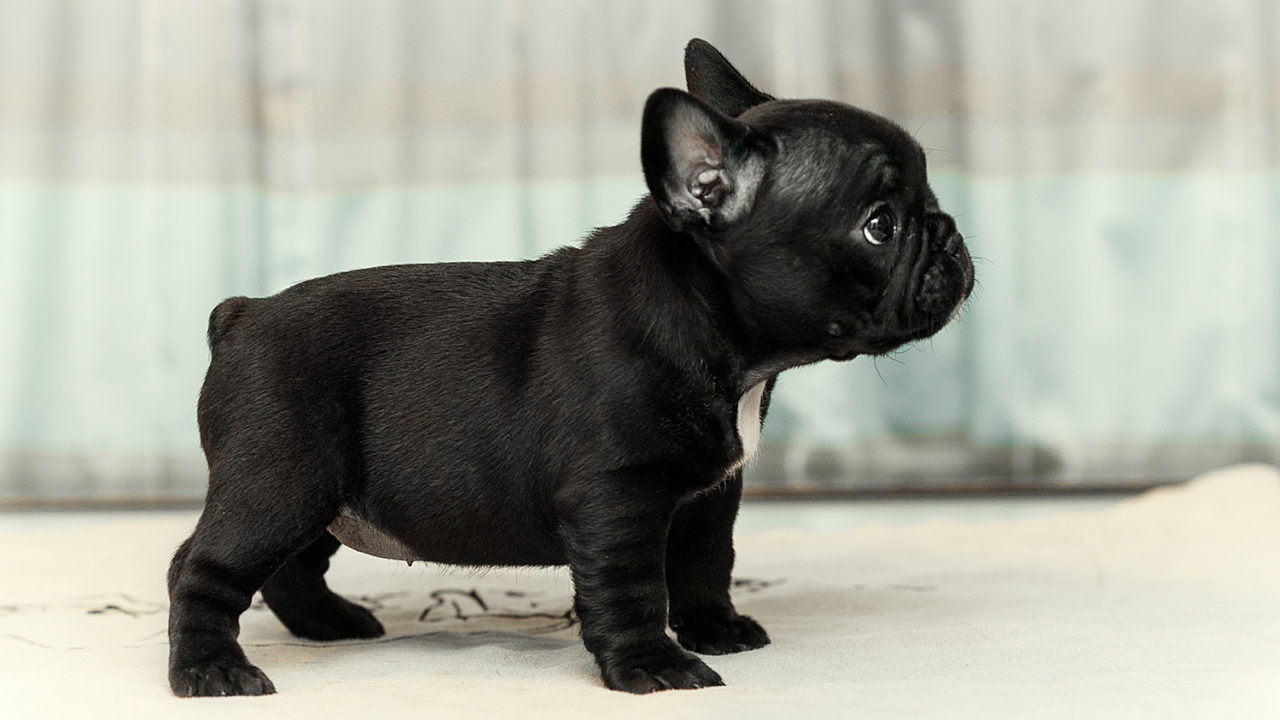
Features of the French Bulldog Breed
Interaction with Children and Other Animals: The French Bulldog is a great companion for children and other dog breeds. They can be a bit jealous of other animals, but overall they are friendly and easy to socialize with other dogs and animals.
Adapting to apartment life: The French Bulldog is great for apartment life because they don’t require much space and don’t need a lot of physical activity.
Legendary Pop Culture Status: The French Bulldog has become a symbol of fashion and style in many fields, including film, television and music. They often appear in commercials, photo shoots and in various works of art.

Top 10 facts about the French Bulldog:
- The French Bulldog was bred in England but became popular in France, where it continued to be bred.
- The French Bulldog is known for its unique appearance with a short snout, wide nose and large eyes.
- The French Bulldog has a gentle and affectionate personality, making it a great companion for people of all ages.
- The breed can suffer from breathing problems, so they need special care and attention from their owners.
- French Bulldogs are very sensitive to heat and can easily overheat, so they need a cool place and frequent drinking.
- They can suffer from allergies, so they need a dust-free and clean environment.
- French Bulldogs are easy to train and are great at different types of training.
- This breed does not require much physical activity and can easily adapt to life in an apartment.
- The French bulldog has a soft coat that does not require special care, but needs regular brushing.
- The French Bulldog is one of the most popular companions in the world and has become a symbol of style and fashion in many areas.
Conclusion
The French Bulldog is a breed of dog with a unique appearance and a gentle, affectionate personality. They can be great companions for people of all ages, but need special care because of their healthy issues. French Bulldogs can adapt easily to life in an apartment and do not require much physical activity. They are easy to train and can make great friends for children and other animals. If you are considering this breed as a potential pet, make sure you are prepared for their peculiarities and ready to give them the care and attention they need.
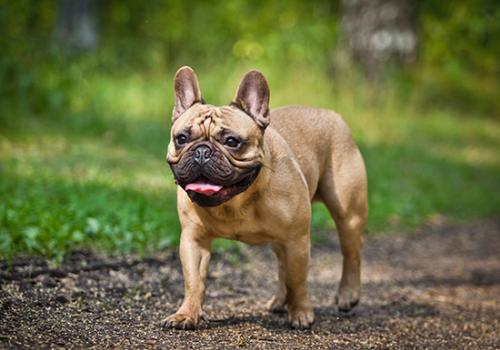

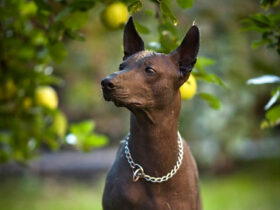
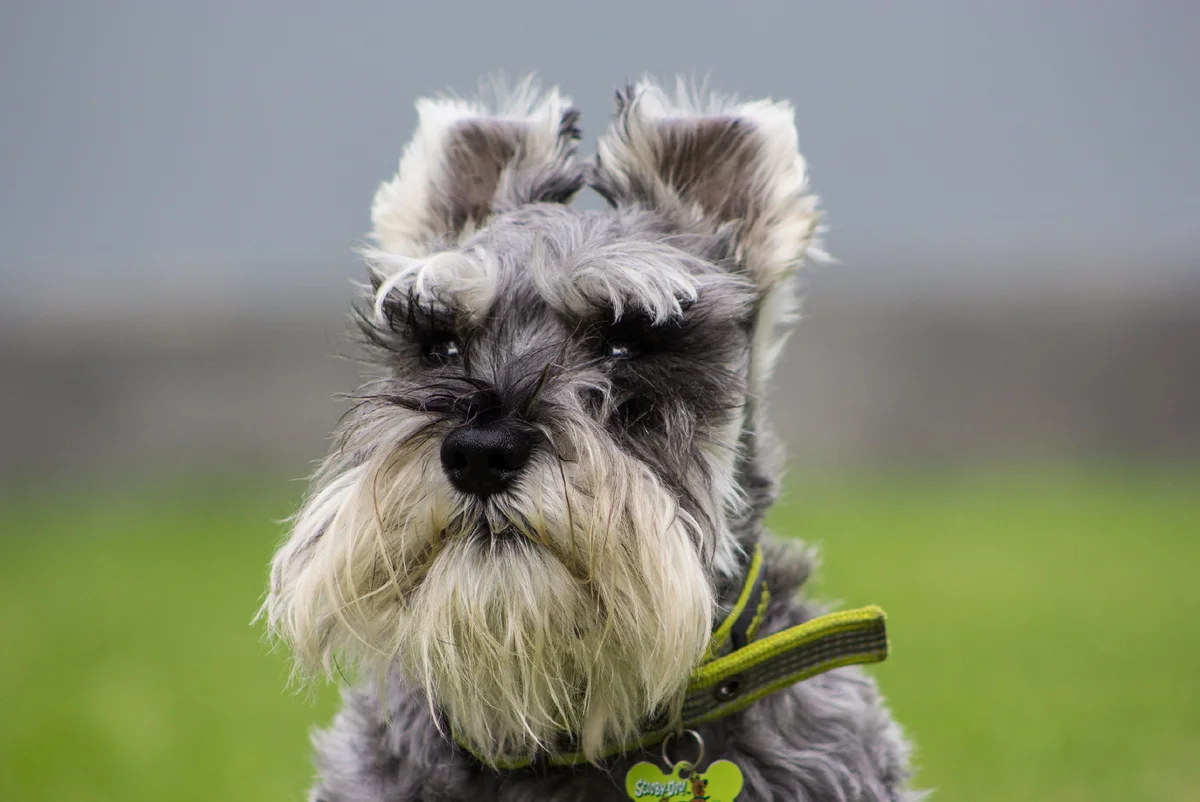
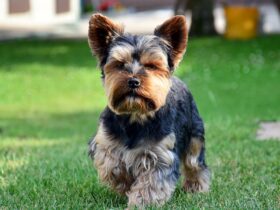
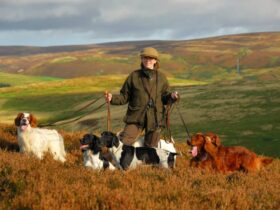
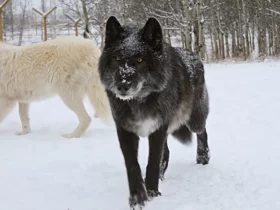
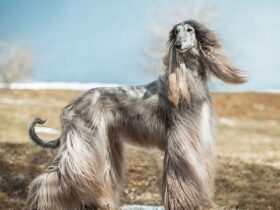
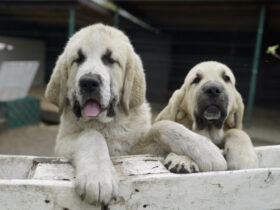
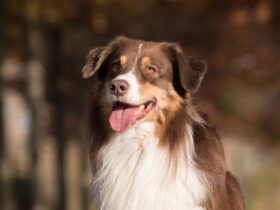
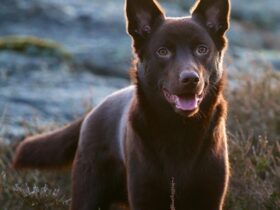
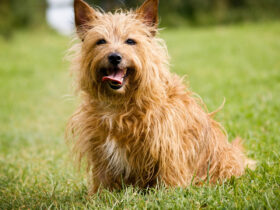
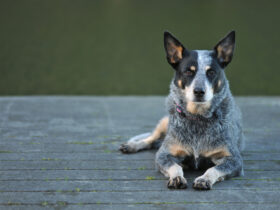
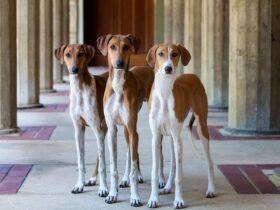
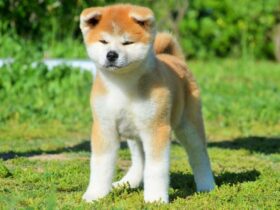
Leave a Reply